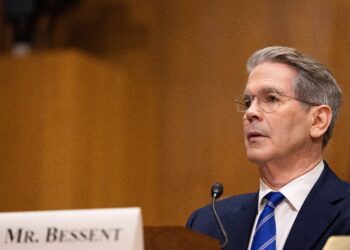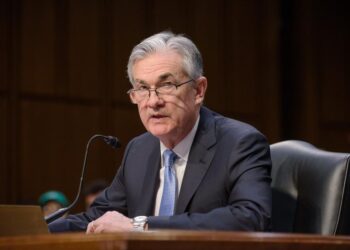The event was postponed in 2020 due to the pandemic. Mass vaccinations boosted optimism about fans attending, but recently the new delta variant of the virus has caused a setback.
The first positive case hit the athlete’s village last weekend, and more than 70 cases have been linked to the Tokyo Games as Japan is under its fourth state of emergency until Aug. 22.
Still, the IOC and officials in Japan are adamant that the event will go on. The budget has already jumped to an estimated $15.4 billion, according to Reuters. And more billions are at stake, mainly a media rights deal with CNBC’s parent company, NBCUniversal.
In 2014, NBC and IOC agreed to a $7.75 billion media rights deal to extend their partnership. The current agreement runs through 2032. Add in that entry for spectators will be restricted—a roughly $815 million loss—and officials want to avoid missing the media revenue.
“The TV money and partnership money is just too large,” said Patrick Rishe, a sports business professor at Washington University in St. Louis. “To use the word ‘unprecedented’ would underscore just how truly unique this Olympics is going to be.”












